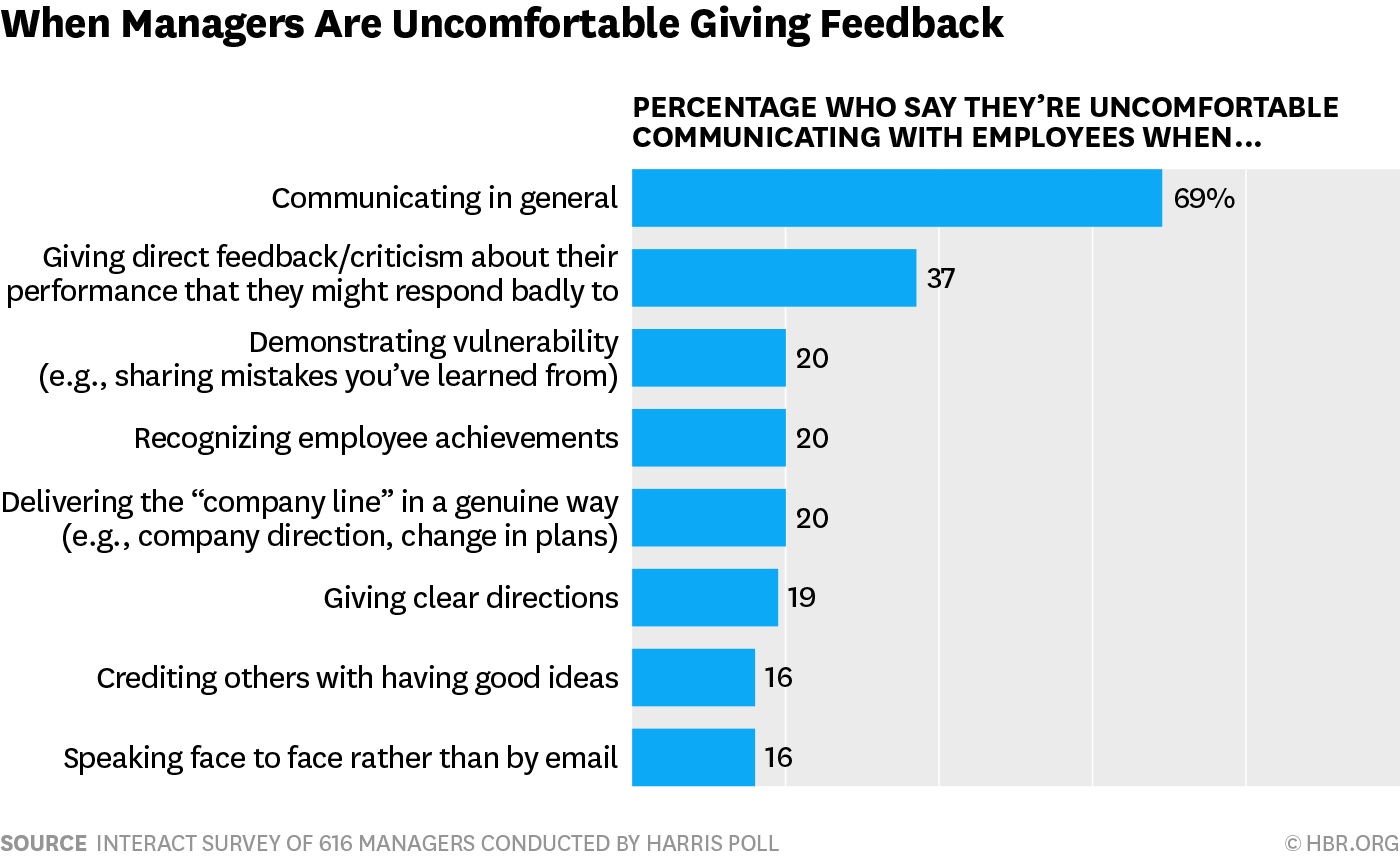The Important of Effective communication in the work place

Communication in the workplace isn’t just about how well you work with others. It’s about building relationships, minimizing errors, and most importantly, working as productively as possible.
Encouraging good communication habits throughout the workplace can be one of the most crucial things you do as a leader. Because the numbers don’t lie.
So, what effective communication skills can you install in your workplace, and how do you do it?
Table of contents:
- What is effective workplace communication?
- How do we communicate in the workplace?
- What are good workplace communication skills?
- What are the benefits of effective communication in the workplace?
- How can you be an effective communicator at work?
What is effective workplace communication?
Effective communication occurs when a message is sent and received accurately. Just because you believe you are communicating ideas and information properly in your organization, does not necessarily mean it is effective.
Good communication can boost teamwork and lead to better project collaboration. It applies to practically every industry.
Workplace communication is important for streamlining internal communication. Maintaining effective communication ensures that management and the team below them are on the same page. That means that employees are confident with the work at hand and managers are assured that team members are correctly undertaking that work.
But remember, workplace communication and business communication are different. Both are important to a company’s success going forward.
What are good communication skills to have?
Whether you are an enterprise or a small business, having good communication from top to bottom is essential. Part of having good communication is understanding a “shared meaning.” This refers to the real information being understood by each party involved, using words that mean the same to everyone, especially when it’s industry-specific terminology.
Even managers can have a hard time communicating. This comes from an Interact survey asking employers how they feel about communicating with their employees. The graph below demonstrates how managers feel in certain situations with employees:

A staggering 69% of managers are uncomfortable when communicating in general. Not even when delivering difficult news or offering feedback. That’s just in basic, everyday communication. This suggests that communication is lax across many workplaces, which can potentially negatively impact the business.
This has to change.
As a business leader, you need to analyze how you communicate in the workplace in order to see where you can improve. Then, you can develop a strong communication strategy for everyone to work from.
Here are the top 5 ways to better communicate in the workplace.
1. Meetings
It sounds simple, but it’s often not practiced enough. Listening to others is arguably the most important communication skill you can have. If you find you’ve got the tendency to talk over others, then try to be more patient. You will get the opportunity to make your point when they’re finished—especially if you’re the boss.
When employees feel like they’re being listened to, they feel more valued and appreciated and creates a more collaborative culture. It also gives you the chance to understand issues or concerns about a task from an employee’s perspective. This can improve employee engagement.
2. Brevity for effective workplace communication
Speak to any successful business manager and they’ll all mention that time is their most important asset. When discussions are dragged out, not only can this dilute the importance of the message, but it can also over-complicate it. Keep your communication brief and to the point.
3. Clarification
Don’t presume the other person understands what you’re saying. Similarly, don’t be afraid to speak up if you need clarity on something. Asking questions can help you to gain a better understanding of certain situations, and you should always be encouraging your employees to ask you if they’re unsure.
Not only can this improve relations with employees, but it can also help to minimize errors. Sometimes a simple question to double-check can save mistakes from happening.
4. Communication style
In order to give them the best service possible, you need to refine your communication style. Perhaps you like to schedule a call and then follow up with some meeting notes. On the other hand, maybe you prefer to video call and catch up with a phone call later on down the line. Either way, you need to make an effort to establish a routine, so your colleagues and clients know what to expect.
This also refers to the frequency of communication. If you respond a minute after your client contacts you, then they’re going to become accustomed to that high level of communication, which you may not always be able to deliver.
5. Open-mindedness
Open-mindedness is another good communication skill to have. It allows you to enter a conversation free of judgment or preconceived ideas, giving the person speaking the confidence to explain new ideas that could potentially benefit the business.
If you’re quick to shut things down, then employees will be less inclined to tell you their ideas. Your conversations will be less honest, and less productive because of this. By keeping an open mind you’re willing to enter into a dialogue with someone whose opinion you may not agree with, and you may surprise yourself by the end of it.
What are good communication tools?
Effective workplace communication means nothing if you do not have the right tools to help foster teamwork! Now more than ever, teams are working from home, leaving less face-to-face interaction in the office. There are many communication apps that businesses can use to help with better communication.
Here are the top tools your business needs to communicate better with coworkers.
1. Video Conferencing
With the workplace environment becoming more flexible, many employees choose to work from home. But this doesn’t mean they should miss out on team meetings. They want to see body language, facial expressions, eye contact, and everything else that you’d pick up on from face-to-face communication.
That’s where video calling comes in. With video calling, you can effectively communicate with employees who are working remotely while still offering the experience of being in a meeting.
2. Messaging
Messaging can be one of the main ways that coworkers communicate when they’re out of town or working remotely. Although messaging isn’t always used as the number one means of communication, it can be greatly beneficial alongside video or phone calls.
When it comes to managing remotely, messaging is often needed after a phone call to recap what was said—a good idea when you want to ensure your employee has understood everything. It can also be quicker than typing out an email and leaves less room for miscommunication, as any queries can be quickly and efficiently cleared up.
3. Phone
It may sound old-fashioned but every company needs a reliable phone system to communicate with clients and coworkers. You could need a business phone to hop on a quick call with a colleague, or need a centralized number for customers and clients to call in order to get a problem resolved.
Phones allow for voicemails to be left and easy access to a customer service representative. What better way to communicate than with the original communication tool?
4. Email
Emails are a popular way to communicate in an office from peer-to-peer or B2B. However, as times have moved on and people are becoming more proficient in using video calling software and cloud phone systems, emails are used less and less often.
As per our earlier graph, 16% of managers said they feel uncomfortable speaking face-to-face rather than via email. Considering communication is better understood when verbal and face-to-face, this is a worrying statistic. As a leader, you have to be confident in non-verbal communication, especially when it comes to employees.
Why is Communication Important??
As a business leader, being an effective communicator at work is vital. One of the best ways you can improve communication within your company is to invest in amazing communication tools. This includes cloud-based communication and collaboration software.
The right software can enable your employees to communicate quickly and effectively, especially if they’re working remotely. As you’ve seen, video conferencing and phone calls can allow you to stay connected, no matter where you are. This, coupled with a great communication strategy for the office, can help you to be an effective communicator with clients and colleagues alike.
Source taken from; https://www.ringcentral.com/us/en/blog/the-importance-of-effective-communication-in-the-workplace/
Comments